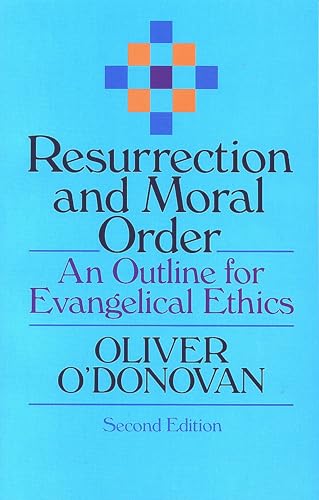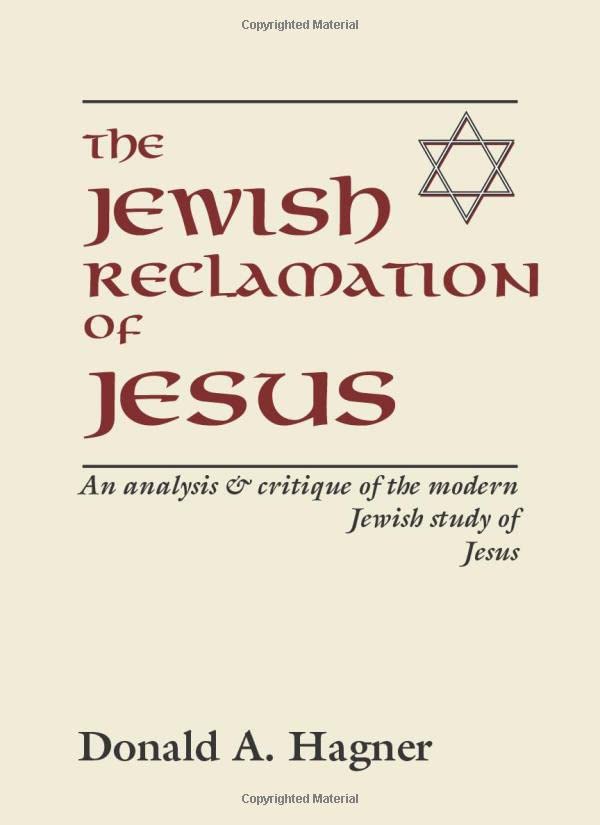Gods and the One God. Christian Theology in the Graeco-Roman World
Written by Robert Grant Reviewed By Gerald BrayProfessor Grant’s latest book is one of the first in a promising new SPCK series which is designed to make the fruits of current theological research more readily accessible to the student and interested layman. The author is a well-known authority on the early church period, with a reputation for clear and attractive writing which is fully maintained in the present volume.
The book is divided into three parts, of which the first deals with the relationship between the early Christians, and especially the apostle Paul, and the pagan gods. The second part goes on to describe the nature of popular paganism, whilst the third concerns itself with basic doctrines and the origins of Christian theology.
In the first two sections, the main point of interest for most people will be the detailed discussion of paganism, which includes many facts and anecdotes to illustrate what popular, pre-Christian religion was like. Here Professor Grant takes what amounts to a sociological approach to religion, in so far as this can be done for the ancient world, and the result is quite fascinating. Many students who perhaps have only a vague knowledge of Graeco-Roman paganism will benefit enormously from these chapters, which are easy to read and consult, thanks to a liberal use of sub-headings!
The third part, which concerns itself with the philosophical challenge to Christianity and the church’s response to it, is less satisfactory than the first two. The anecdotal approach does not suit the subject matter in the same way, and the author does not have the space to develop his theme adequately. The result is that the beginner is likely to get confused among the names and theories which are put forward here in rapid succession. Particularly unsatisfactory is the impression, given towards the end, that Christian theology represented a compromise takeover of the pagan philosophical inheritance.
That the early Christians were influenced by the latter is hardly to be doubted, but Professor Grant’s analysis borders on syncretism and must, I think, be balanced by an awareness that Christians rejected the philosophers—and were in turn rejected by them! The hostility of the ancient world to the new faith is consistently played down, with the result that the final picture is distorted. On the other hand, Grant rejects the extreme liberalism of Harnack and Bauer, preferring to see the growth of Christian theology more in terms of a continuous, logical development than in terms of increasing corruption of the gospel.
The list of books for further reading, at the end, gives the impression that the first two parts have been more carefully thought out and researched than the third part, which may help to explain why it is unsatisfactory. Grant’s reliance on and general recommendation of J. N. D. Kelly’s classic studies must be followed by the student who reads this book, if an adequate picture of this particular theme is to be had.
Gerald Bray
Gerald Bray is research professor of divinity at Beeson Divinity School in Birmingham, Alabama, where he teaches history and doctrine. He is a minister in the Church of England and the editor of the Anglican theological journal Churchman.






